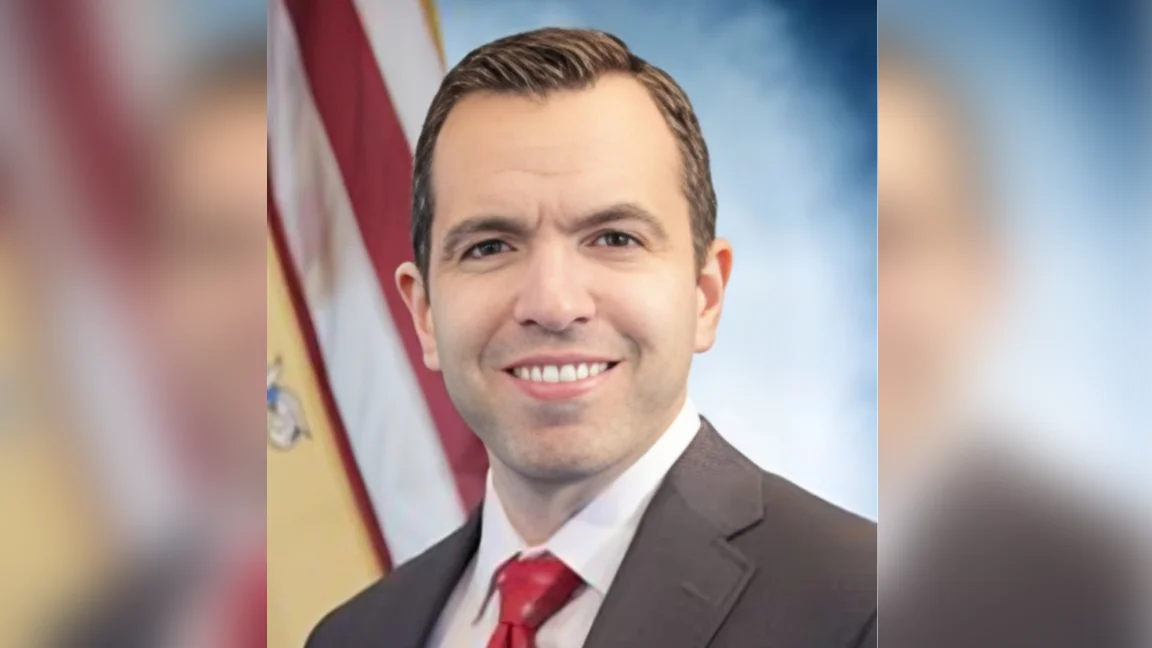
Attorney General Matthew J. Platkin from New Jersey has joined efforts with the Attorneys General of California and Massachusetts to oppose proposed changes to the Affordable Care Act (ACA) by the U.S. Department of Health and Human Services (HHS) and the Centers for Medicare & Medicaid Services (CMS). These changes could potentially impact access to health insurance through ACA exchanges, possibly resulting in a loss of coverage for up to two million Americans by 2026.
Attorney General Platkin stated, "The Trump Administration, in one of its first proposed regulations, is trying to make it harder to access health insurance for New Jerseyans and across the country." He emphasized that such changes would increase costs for everyone and particularly harm vulnerable populations.
New Jersey Health Commissioner Kaitlan Baston, MD, also criticized the proposed changes, saying, "Taking health insurance away from people is not only cruel, it’s also bad policy. If we want to lower health care costs, we need more people to have coverage—not less."
Justin Zimmerman, Commissioner of the New Jersey Department of Banking and Insurance, expressed concern over the impact on New Jersey’s exchange platform, saying, "This proposal would severely impact our ability to maintain the current access to quality, affordable health coverage for over a half a million residents."
The proposed changes include shortening open enrollment periods in state exchanges, creating barriers due to missed premium payments, ending special enrollment periods for low-income individuals, and adding bureaucratic hurdles for life events like childbirth or job loss. Another controversial aspect of the proposal is the reversal of a rule allowing DACA recipients, known as Dreamers, to purchase insurance through the exchanges.
The effort to oppose these changes is backed by 21 Attorneys General across various states and the District of Columbia. The states argue that the proposed changes are arbitrary, capricious, and unlawful.